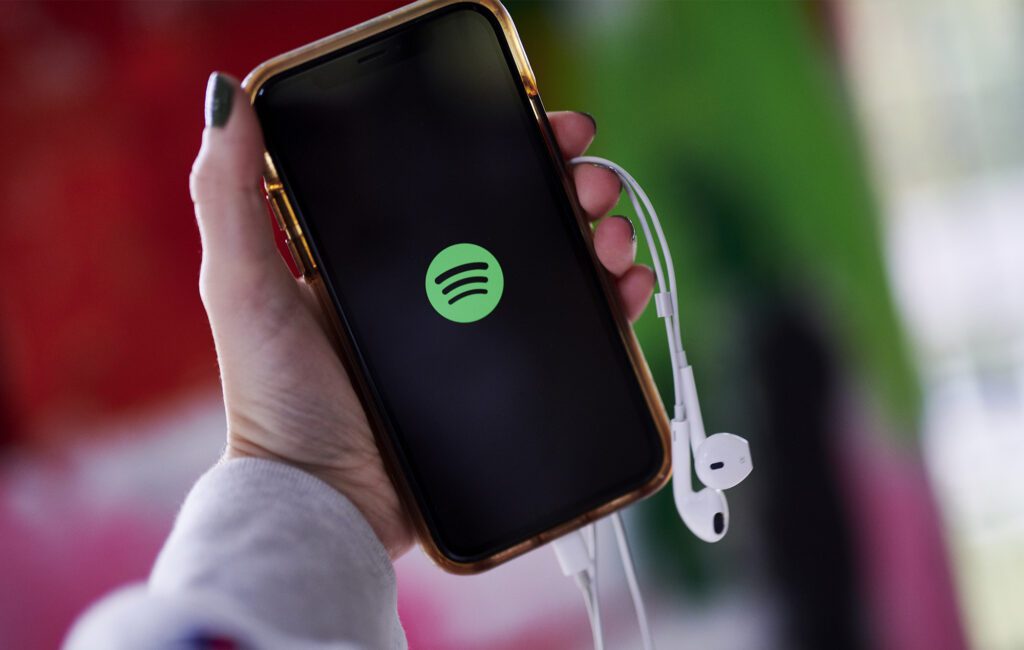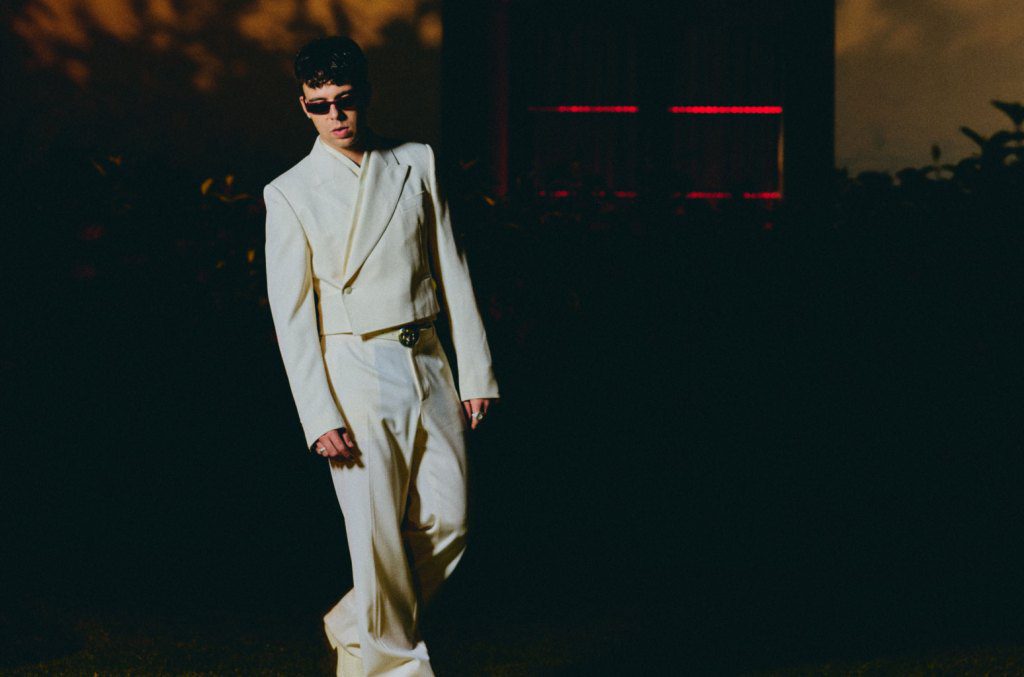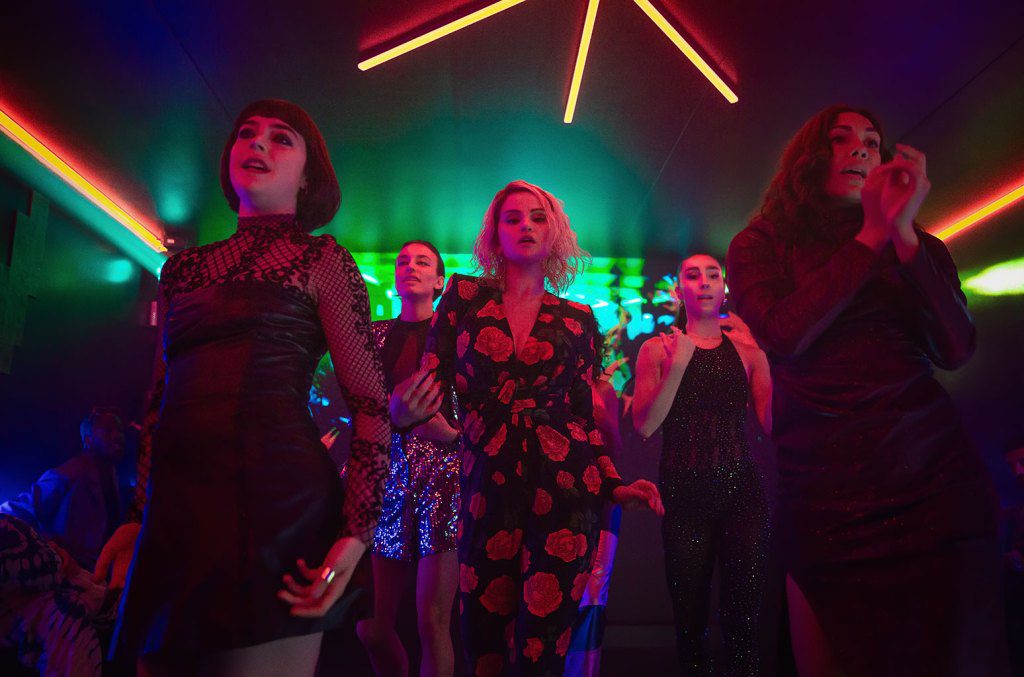Former Spotify boss says artists are “entitled” in asking for streaming rise
A former Spotify executive has sparked controversy after claiming that musicians are “entitled” in asking for more money from the streaming service.
Spotify’s business model has faced increasing scrutiny in recent years, with many musicians claiming that the meagre amount paid per stream is severely affecting their ability to earn a living.
As Digital Music News notes, former executive Jim Anderson recently spoke at a music conference in New York where he was grilled on Spotify’s payment model by songwriter Ashley Jana.
Jana noted that while Apple Music recently boosted its royalties to 1p per stream, Spotify’s rates remain a fraction of that.
Anderson replied: “So we should talk about entitlement. I mean, I have an issue with Taylor Swift’s comments. I have this issue with it, and we’ll call it entitlement. I mean, I consider myself an artist because I’m an inventor, okay? Now, I freely give away my patents for nothing. I never collect royalties on anything.”

He added: “I think Taylor Swift doesn’t need .00001 more a stream. The problem is this: Spotify was created to solve a problem. The problem was this: piracy and music distribution. The problem was to get artists’ music out there. The problem was not to pay people money.
“The problem, the problem was to distribute music. Not to give you money, okay? The problem was to distribute music.”
Taylor Swift famously removed all her music from Spotify back in 2014, before returning to the streaming service in 2017.
Originally arguing that “music should not be free”, Swift later said that she had returned to Spotify to “thank her fans” after her album ‘1989’ sold over 10 million copies.
Earlier this year, Nadine Shah, Tim Burgess, Radiohead’s Ed O’Brien and more opened up about the ongoing debate into streaming and artist payments in a series of new interviews.
The Department for Digital, Culture, Media and Sport (DCMS) Commons Select Committee have been examining the business model since last year and whether or not the model is fair to songwriters and performers via the ‘Economics Of Music Streaming’ inquiry.





